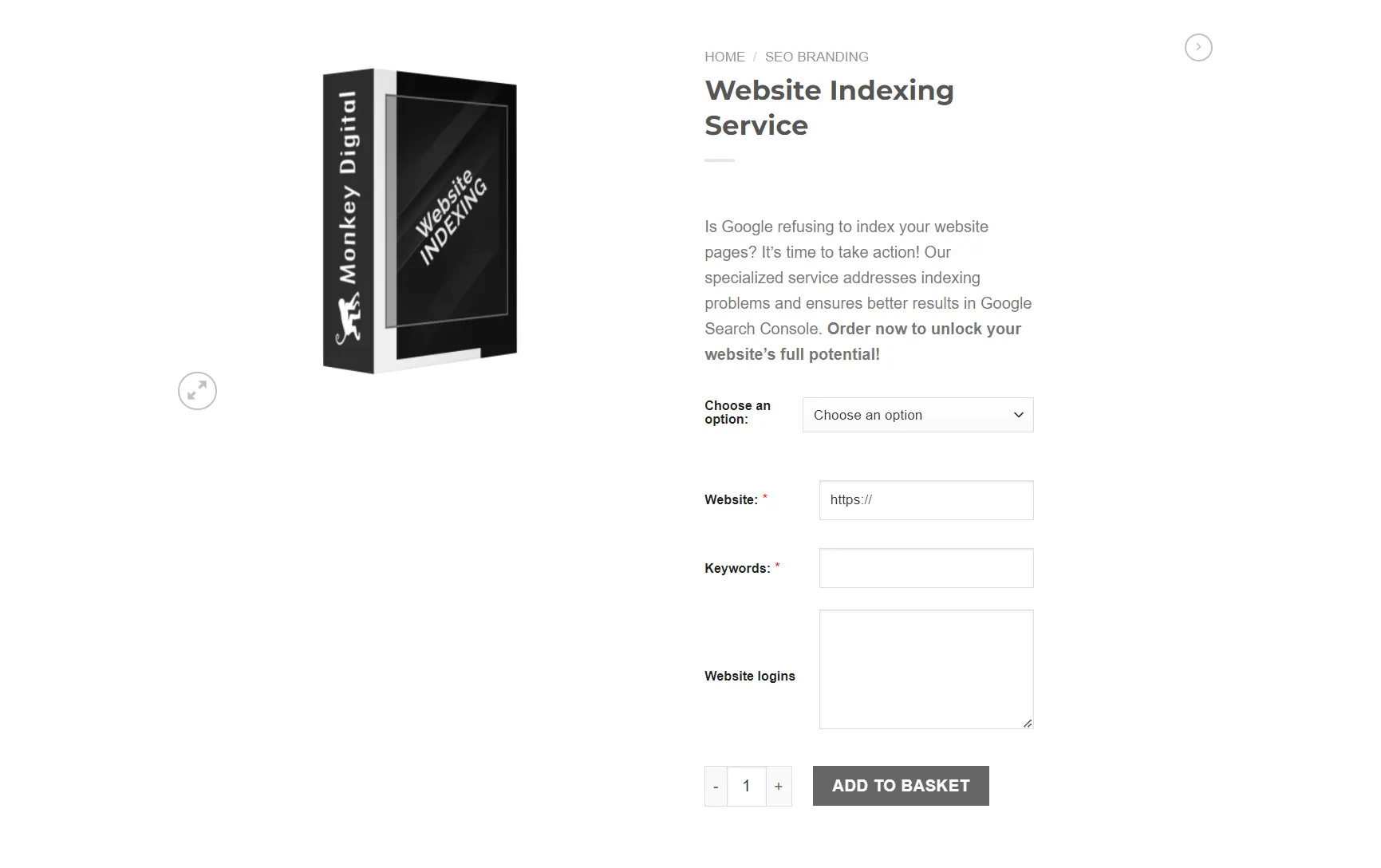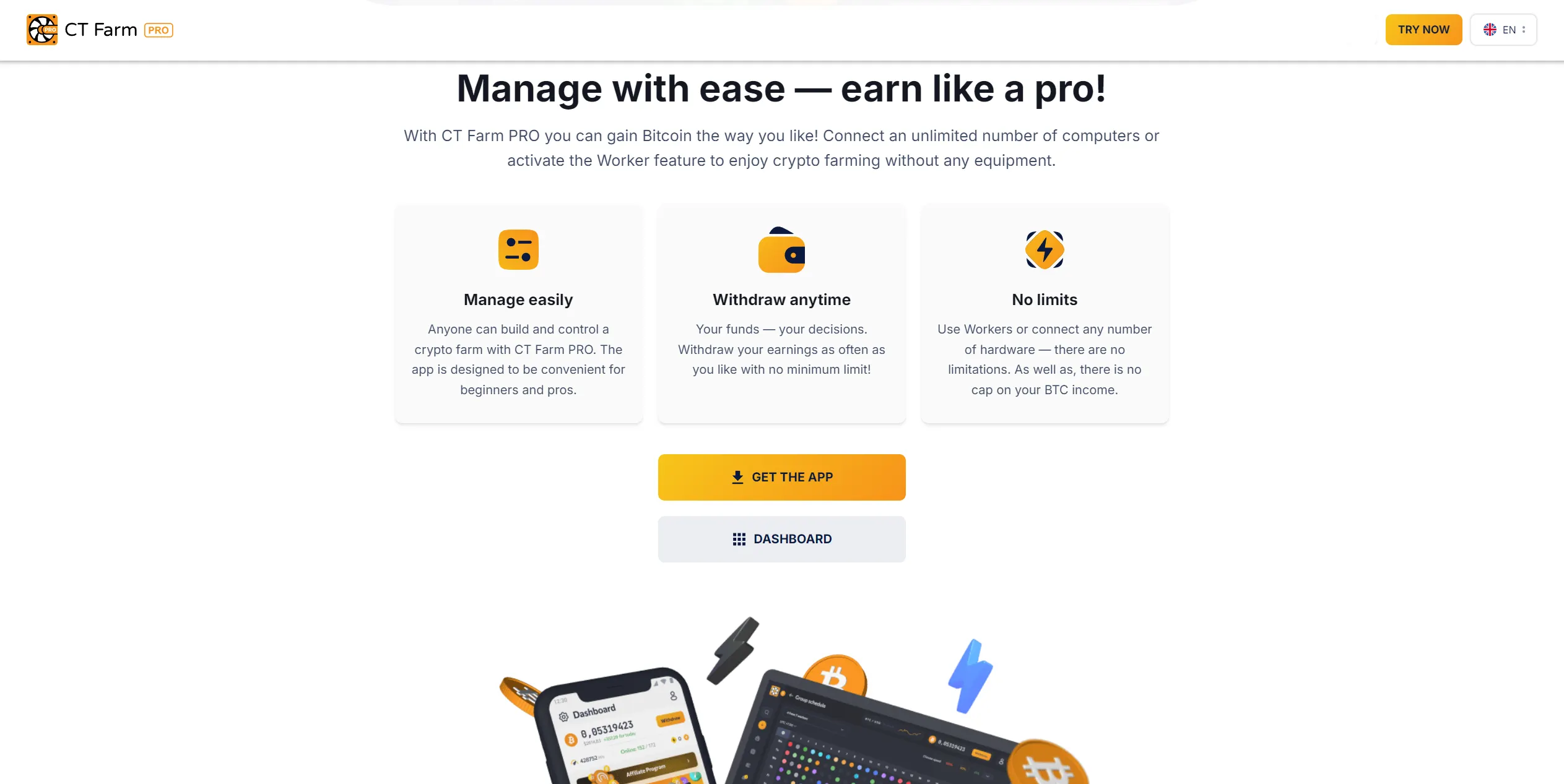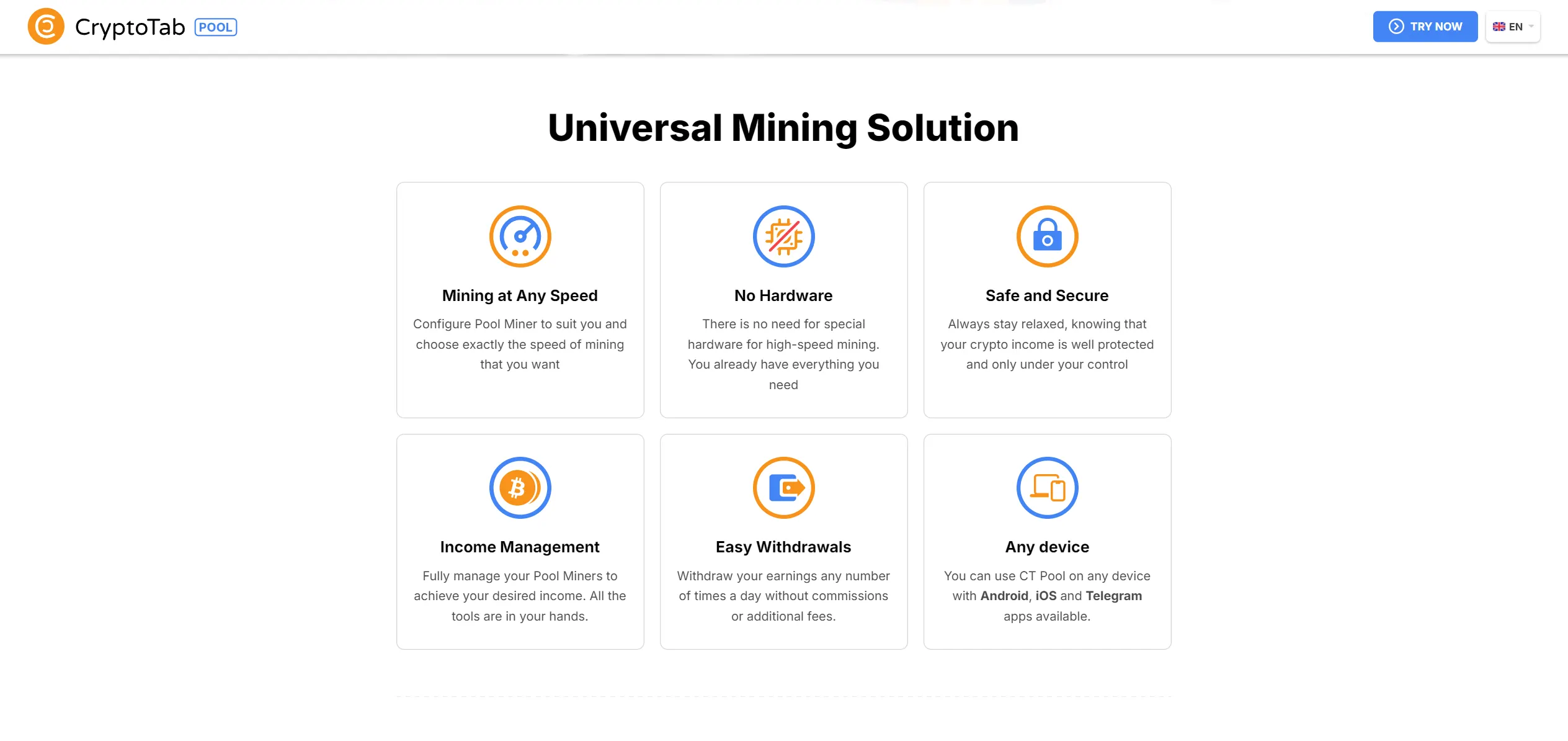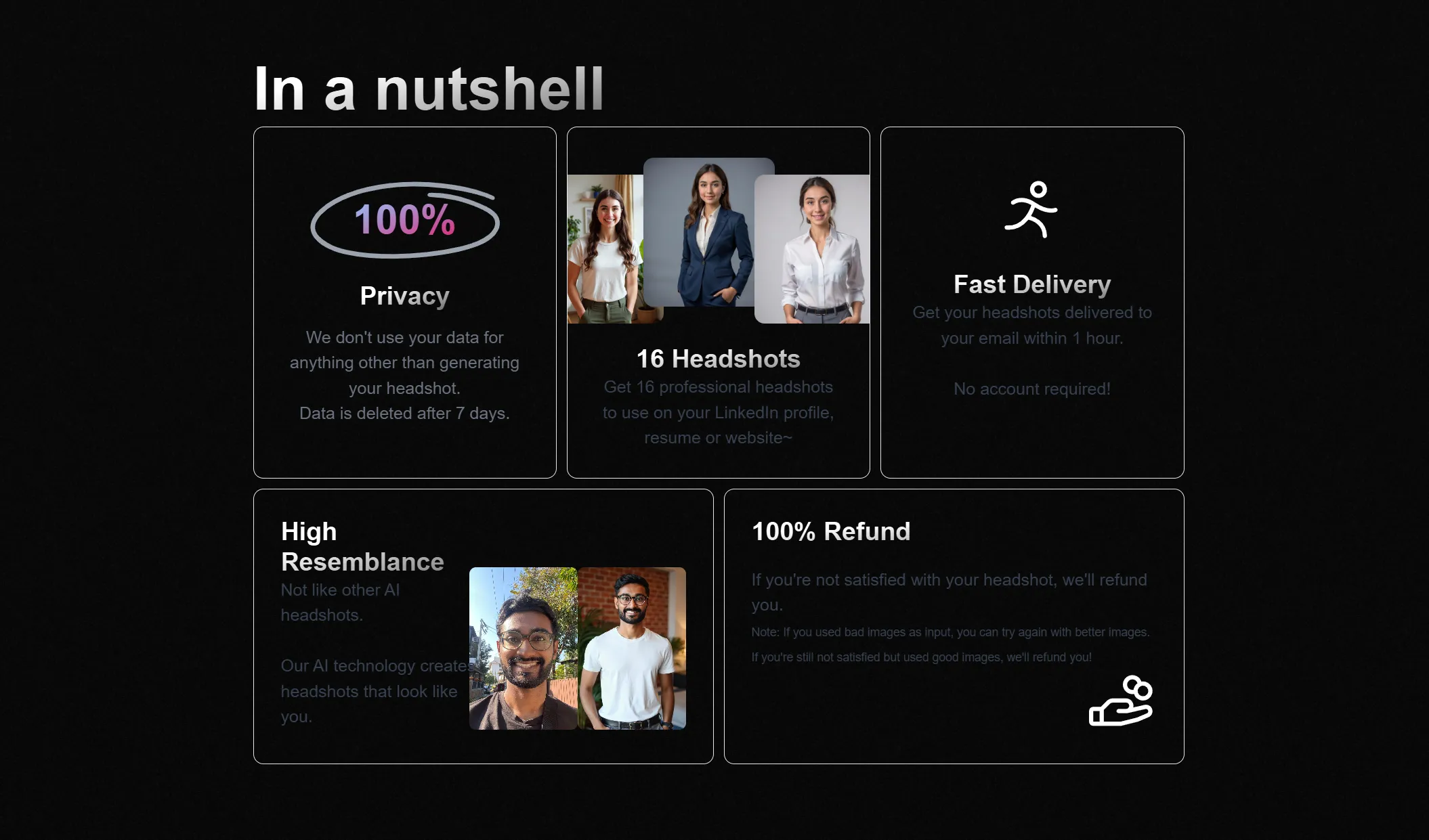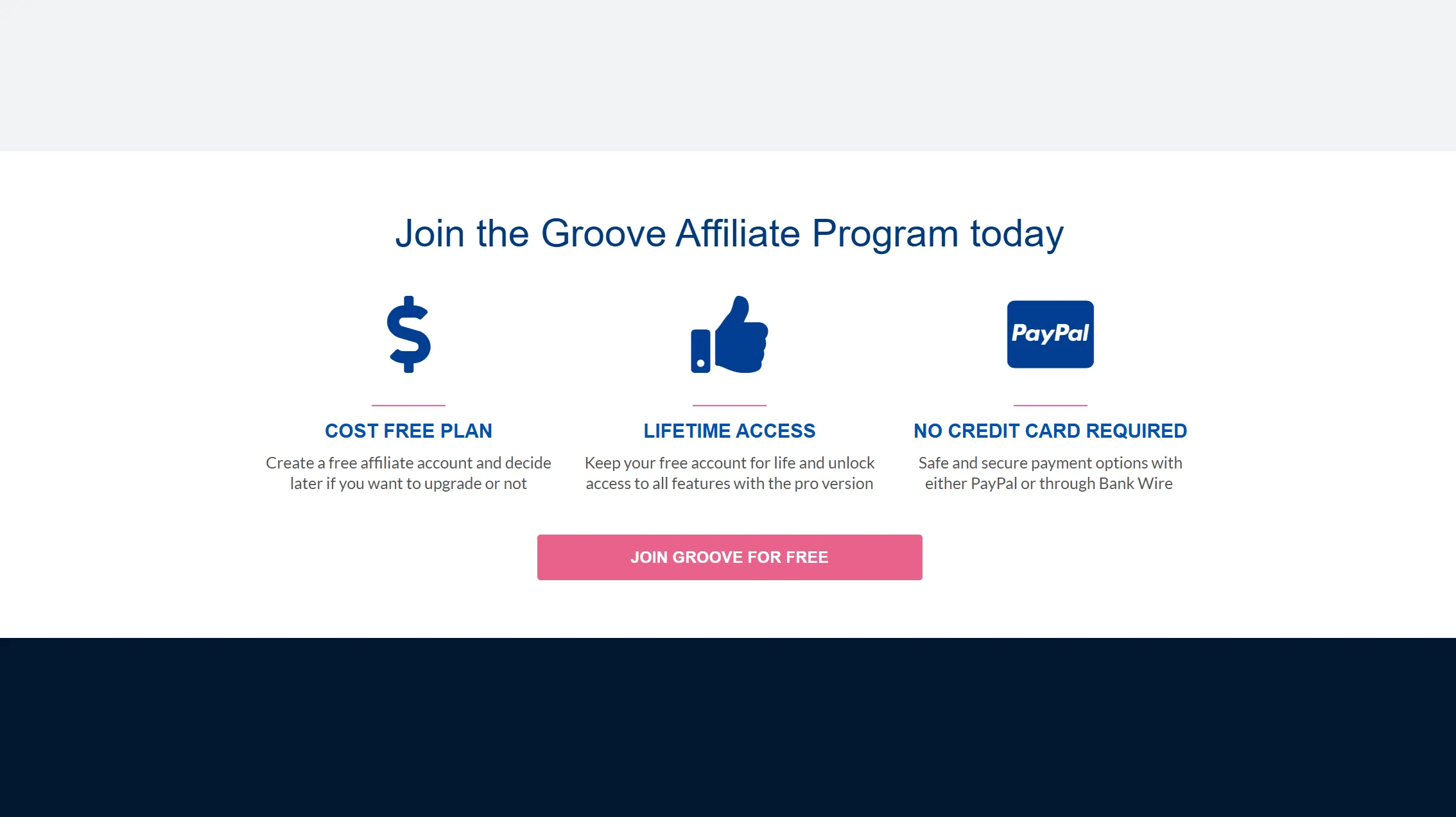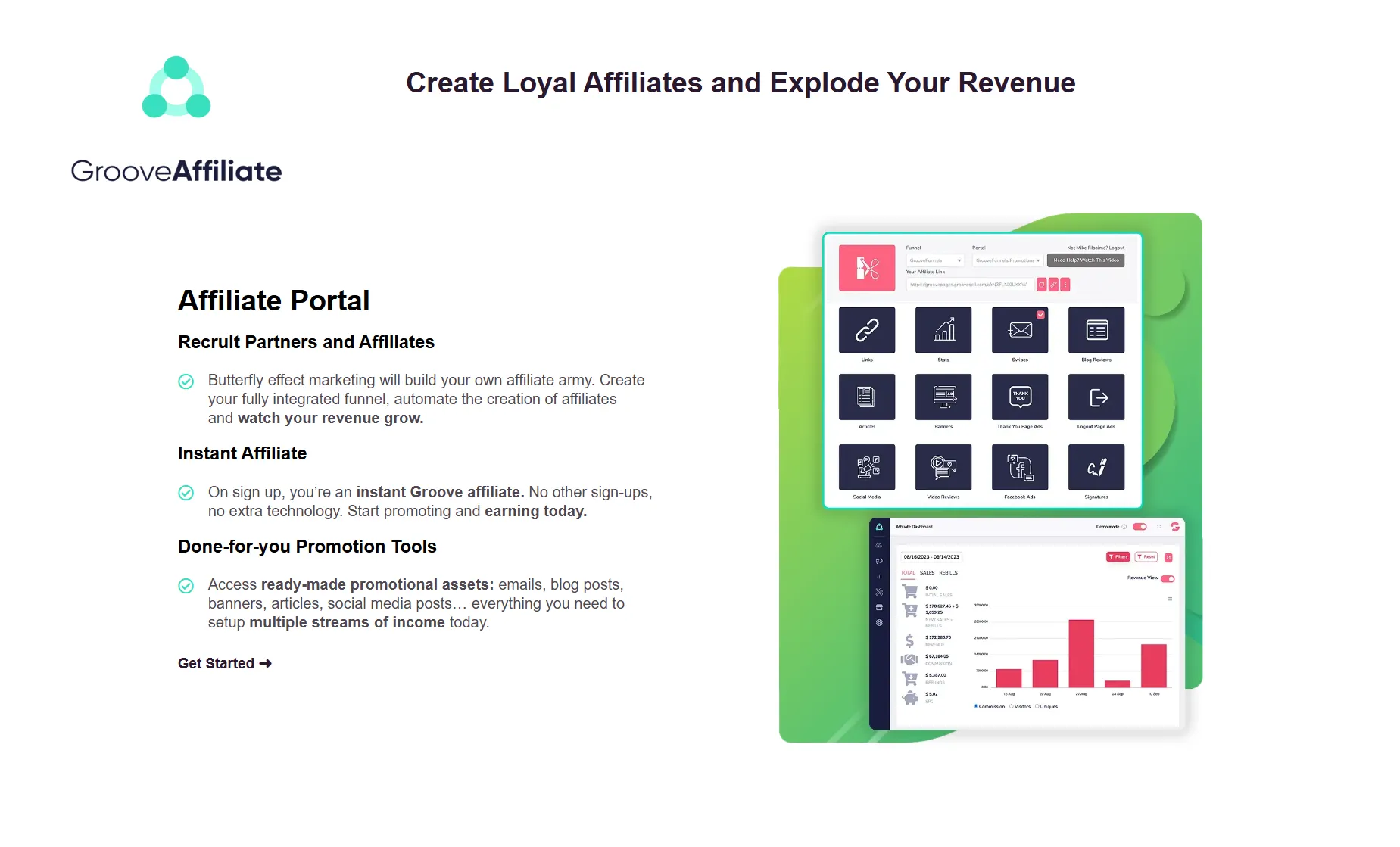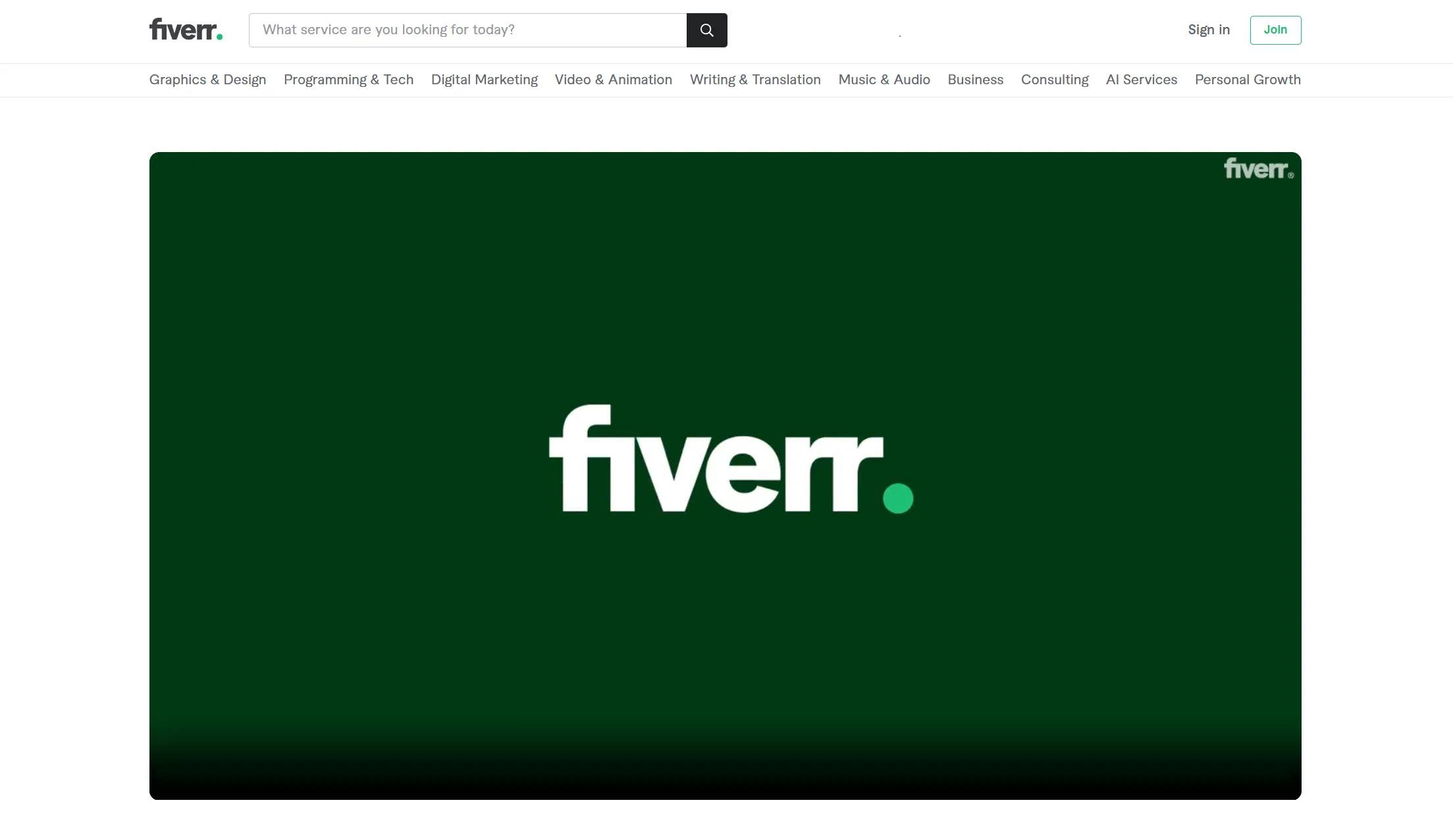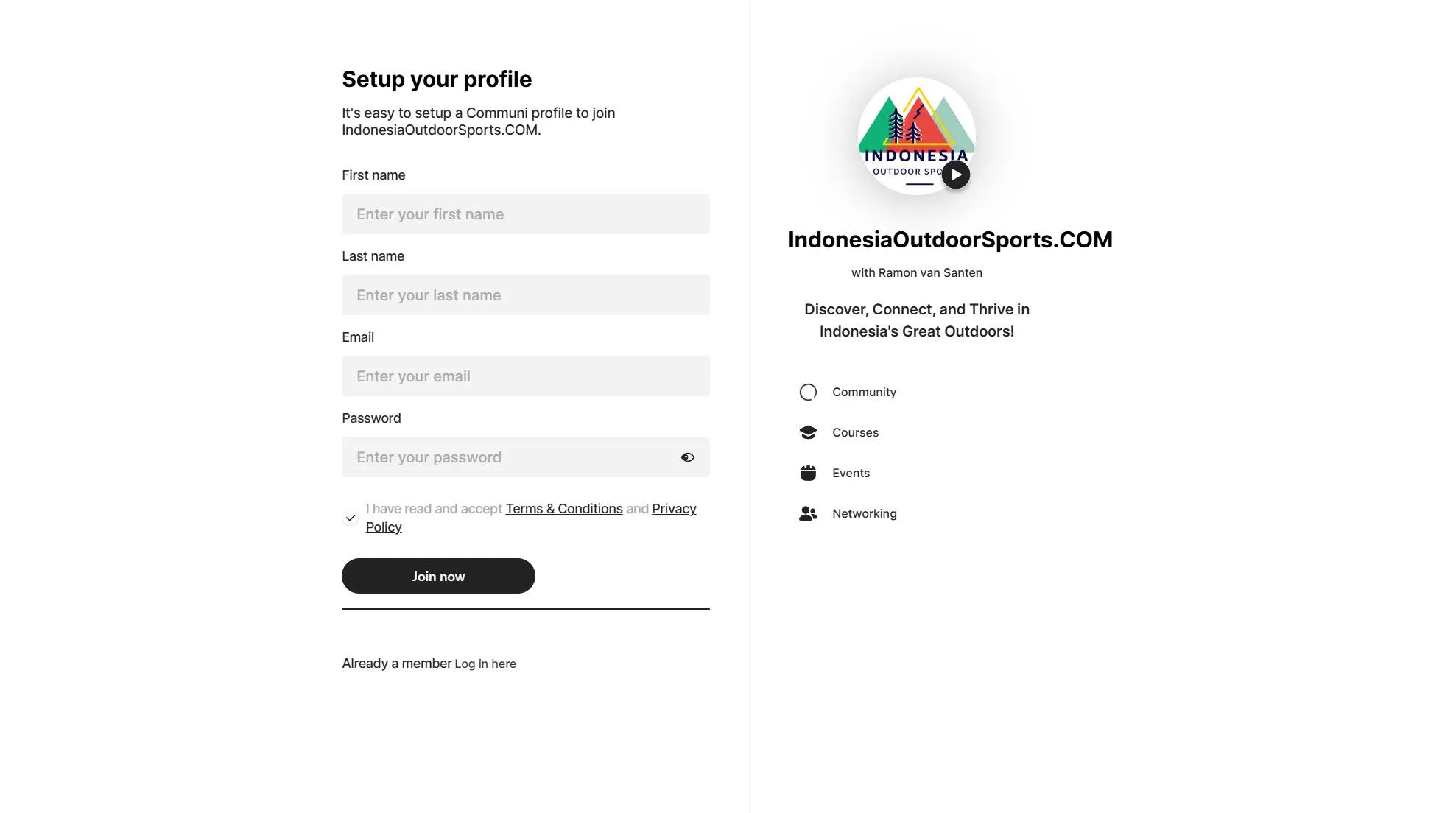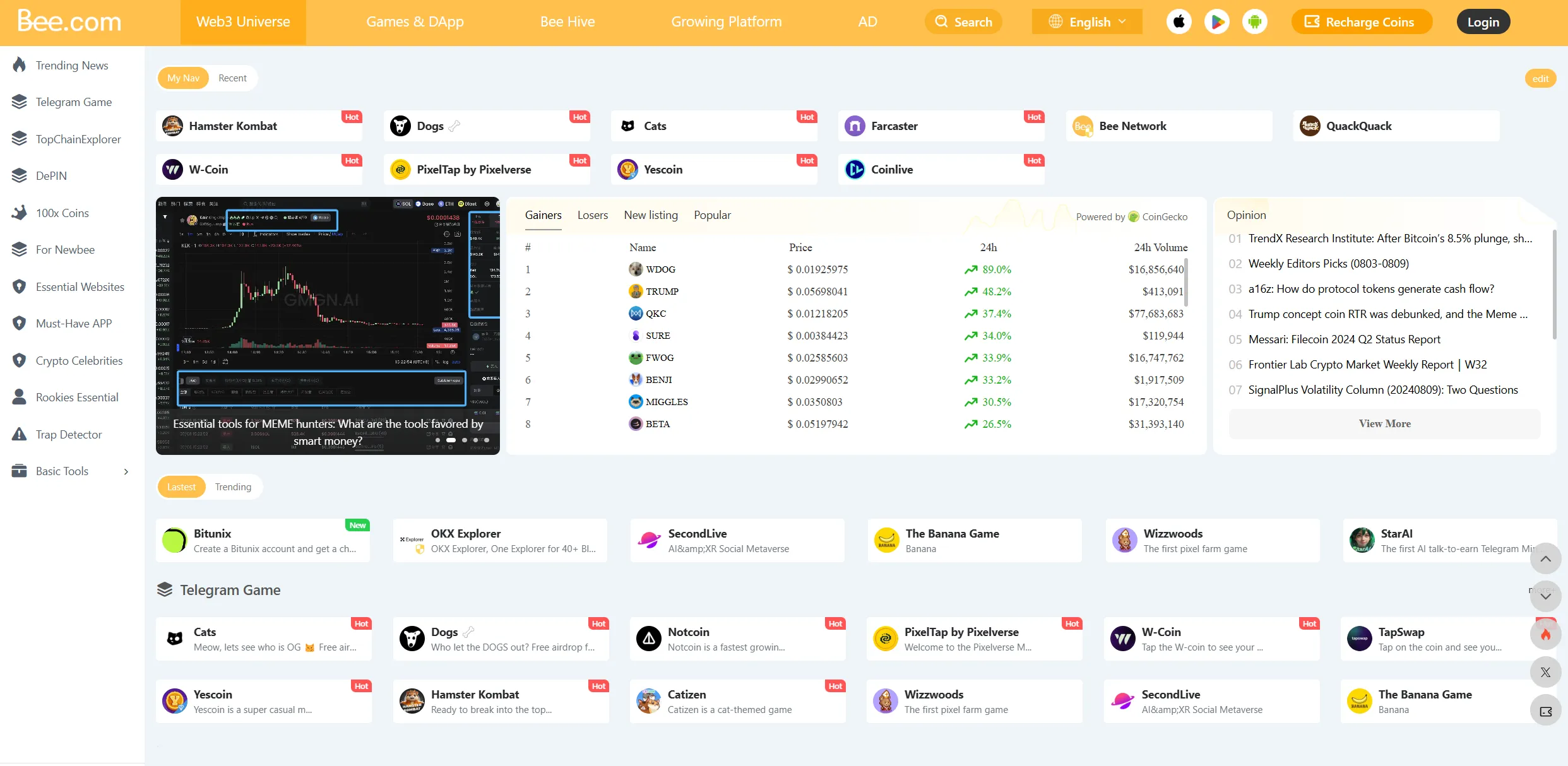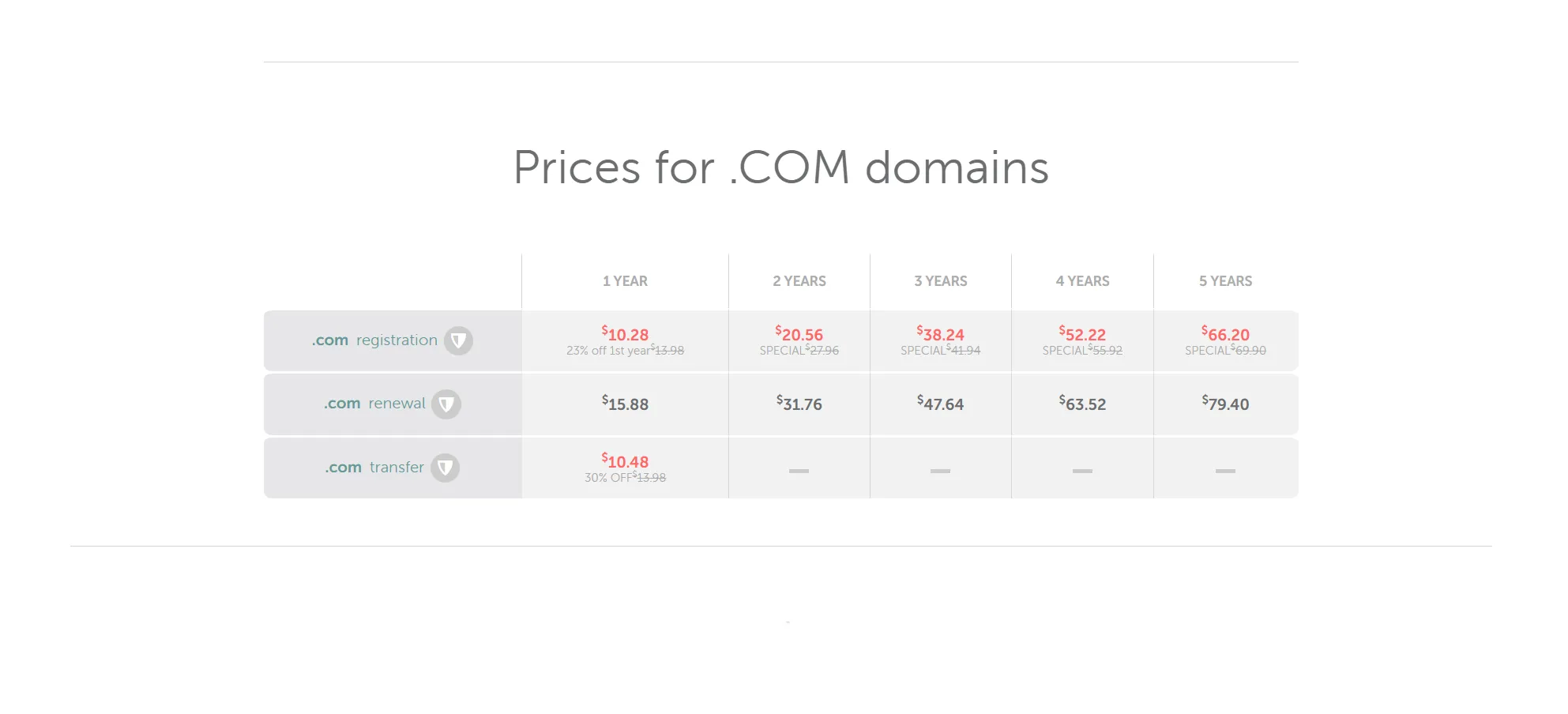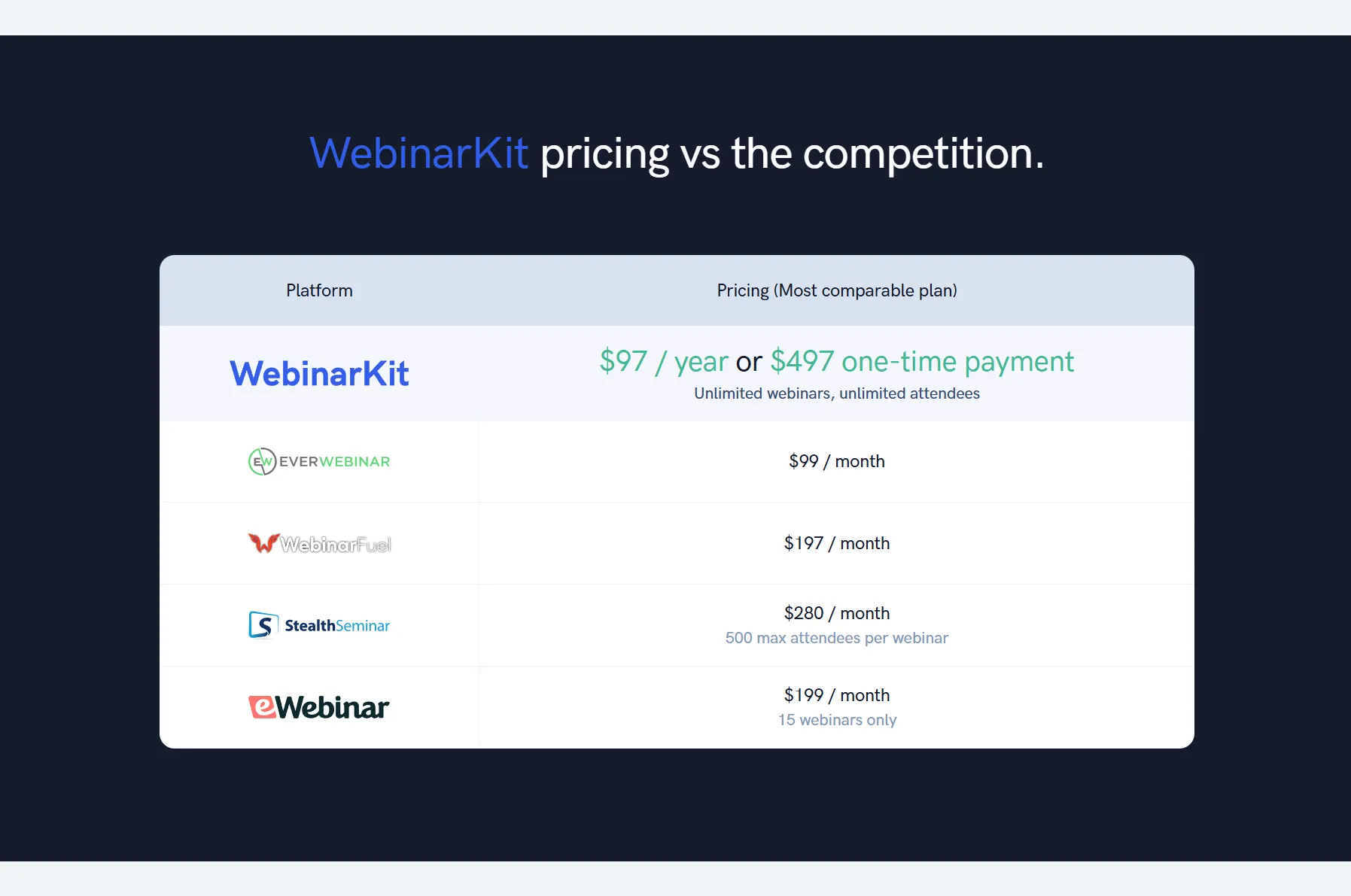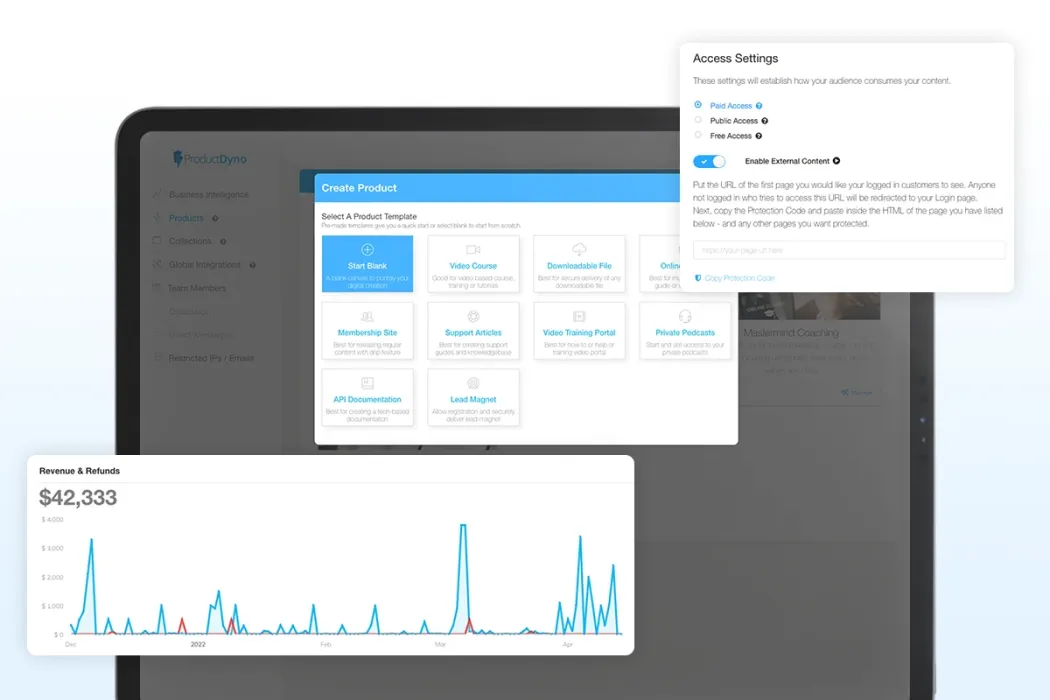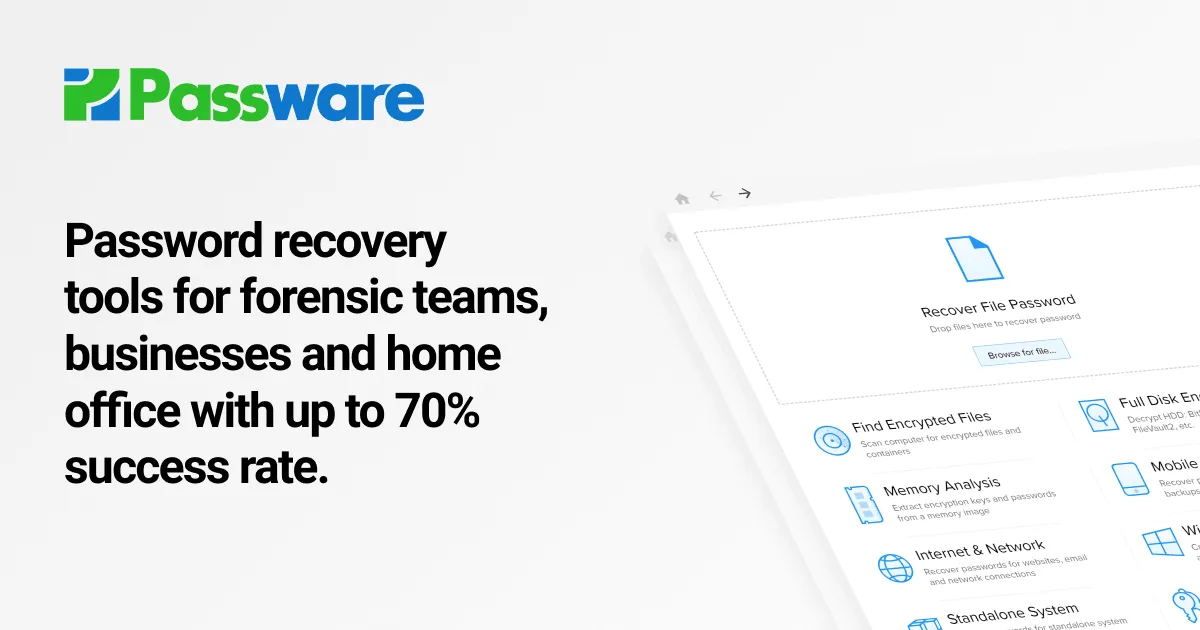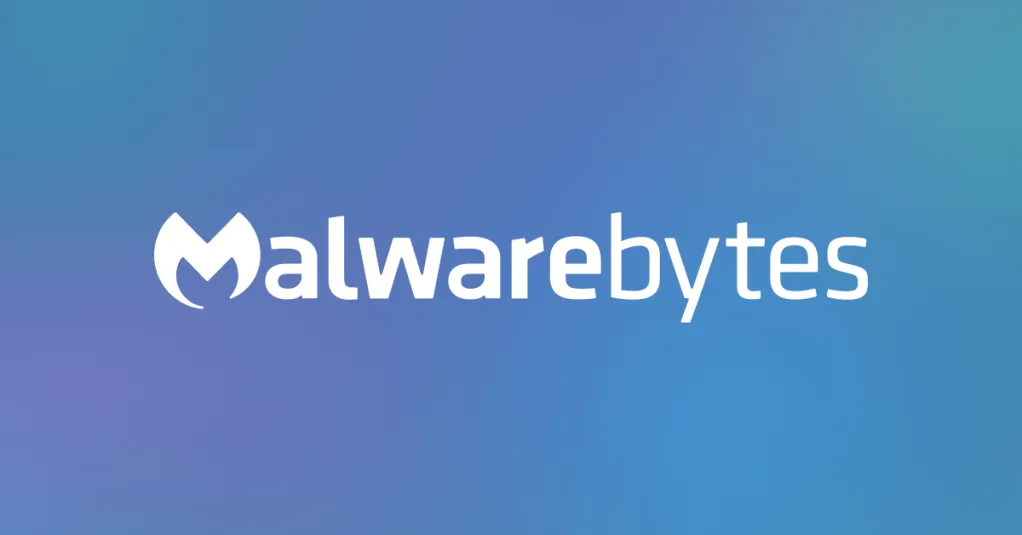Beneath the Surface: A Dive Into the "Fake Singular Platforms" and the Task Scam Trend
Average Reading Time: 5min.
Table of Contents
- Act One: The Seduction of Easy Money (Anecdotes, Broken Promises, and That Familiar Urgency)
- Chapter 1: Red Flags in Neon Lights: Trust Score, Domain Oddities, and Platform Red Herrings
- Chapter 2: User Horror Stories You Can’t Unread: Reviews, Complaints, and Real-World Losses
- Chapter 3: Anatomy of a Digital Trap: Why People Bite & How Scammers Sharpen Their Hooks
- Conclusion: What Now? Recovery, Realistic Reporting, and Steps to Dodge the Sunk Cost Spiral
Just when you think you’ve seen it all in the online world, another 'guaranteed money' platform pops up—this time under the mysterious name singular-behind.cc. There I was, mindlessly scrolling one night, when a friend (or so I thought) sent me a golden opportunity to cash in with minimal effort. Easy money, instructions—heck, they even threw in a sense of urgency. But as the story unraveled, what seemed too good to be true… really was. In this post, I’ll walk you through the foggy backstage of scam platforms, what tipped me (and countless others) off, and why people keep falling for these elaborate traps.
Act One: The Seduction of Easy Money (Anecdotes, Broken Promises, and That Familiar Urgency)
It always starts the same way, doesn’t it? You’re minding your own business when a DM lands in your inbox. The message is slick, maybe even a little flattering: “We saw your profile and think you’d be perfect for this easy money making opportunity.” The pitch is almost laughable—earn hundreds a day with simple online tasks, no experience needed. But hey, who wouldn’t be tempted by a little extra cash, especially when it sounds so effortless?
That’s the classic opening move in a task scam, and singular-behind.cc plays it to perfection. Research shows these fraudulent platforms lure people in with promises of quick cash and a streamlined onboarding process. The first few days? They’re a breeze. You get small payouts—maybe $100, maybe $200—just enough to make you think, “Wow, this is legit.” It’s all about building trust and making that first big deposit seem like a reasonable next step.
But then comes the twist. Suddenly, there’s a new requirement. Maybe you need to deposit $12,000 to unlock your commissions. Or, just as you’re about to withdraw, another hurdle appears: “One more payment, and your funds are yours.” It’s a cycle that never ends. User complaints are flooded with the same story—every time someone tries to cash out, the bar gets raised. The urgency ramps up, and the pressure is real. You’re always just one payment away from that big payday… or so they say.
What’s really wild is how these scams prey on the sunk cost fallacy. You’ve already put in time, maybe even a few thousand dollars. Walking away feels impossible. The logic goes, “If I just pay this last fee, I’ll get it all back.” But the truth is, the goalposts keep moving. The scammers know exactly how to keep you hooked, dangling that payout just out of reach.
Reports highlight that most victims are recruited through platforms like Intch or messaging apps, making it tough to verify who you’re really dealing with. The fraudulent platform behind singular-behind.cc is flagged across multiple review sites for these exact tactics—small initial payouts, escalating deposit demands, and endless withdrawal issues. As one reviewer bluntly put it:
Please stay away from these sophisticated scamsters. – Compassion
It’s a familiar story, but it’s one that keeps repeating. The promise of easy money is just too tempting, and the urgency to act “now or never” is hard to resist. That’s how the trap is set—and why so many people fall for it, again and again.
Red Flags in Neon Lights: Trust Score, Domain Oddities, and Platform Red Herrings
Let’s be real—when you’re poking around a website like singular-behind.cc, the warning signs aren’t just subtle. They’re practically screaming in neon. The first thing that jumps out? That trust score. We’re talking a jaw-dropping 1/100 on scam review platforms like Gridinsoft and Scamadviser. That’s not just low; it’s “run for the hills” low. As one review bluntly puts it:
The trust score of singularbench.com is extremely low. This is a strong indicator that the website may be a scam.
But let’s dig a little deeper. The domain creation date for singular-behind.cc is March 19, 2025, and it’s set to expire just a year later. That’s classic scam website behavior—set up shop, lure in victims, and disappear before anyone can catch up. Research shows that young domains with short lifespans are a favorite trick for fly-by-night fraudsters. If you see a site that’s barely out of digital diapers, that’s a red flag.
And then there’s the registrar. This isn’t just any registrar—it’s one that’s popular among known scam sites. Transparency? Forget about it. The owner details are either hidden or only partially available, which is another big warning sign. Studies indicate that legitimate businesses have nothing to hide, while fraudulent websites go out of their way to keep things murky.
Now, here’s where things get sneaky. You might notice that singular-behind.cc has an SSL certificate. You know, that little padlock icon that’s supposed to mean “secure”? Well, not so fast. Scammers are wise to this now. They slap on SSL to look legit, but it doesn’t mean the site is safe. As scam review platforms point out, “SSL certificates are always used by legit and safe websites. Unfortunately, scammers increasingly also use SSL certificates so it is no guarantee that you are visiting a reliable website.”
If you start searching for company info, you’ll probably fall down a rabbit hole of defunct or totally unrelated entities. Some users even found links to dead UK companies or random business names that have nothing to do with the actual site. That’s a huge red flag—legit companies want you to find them. Scam websites? Not so much.
And just to pile on, singular-behind.cc isn’t alone. It’s part of a cluster of related domains—singularbench.com, singulardatadrive.net, and more—all flagged for low trust ratings and suspicious activity. Multiple scam databases have reports piling up, and there are zero genuine positive reviews anywhere. If that’s not enough to make you pause, I don’t know what is.
User Horror Stories You Can’t Unread: Reviews, Complaints, and Real-World Losses
When it comes to user experiences with singular-behind.cc and its related sites, the stories are as unsettling as they come. Forget the anonymous “heroics” you sometimes see online—here, it’s real people, real money, and a cycle of disappointment that’s hard to ignore. The customer complaints are everywhere, and the pattern is almost always the same: users are lured in with the promise of easy money, only to be squeezed for more and more cash through a series of clever traps.
One user, for example, shared that after depositing $12,000, they were suddenly told they’d need to cough up another $21,000 before they could withdraw funds or access their so-called commissions. That’s not a one-off. Multiple reviews on scam forums and review platforms echo this same script—small initial payouts to build trust, then a sudden “income tax,” “excess product” fee, or some other made-up charge that stands between users and their money. And just when you think you’re about to get paid? Your account gets locked, or the support chat goes silent.
- Promises of high commissions, then sudden new fees
- Withdrawal issues and blocked accounts after big deposits
- Fake salary offers (like 800 USDT) that require even more deposits to “unlock”
- Contacts made through WhatsApp or platforms like Intch, making it hard to trace anyone
One reviewer, posting as “Compassion,” didn’t mince words:
These guys should be jailed for cheating and commercial fraud.
Another user, “DCALF,” described being lured in with the promise of a legit job, only to find themselves caught in a web of escalating demands and zero chance of getting their money back. The emotional toll is real—people talk about losing not just thousands of dollars, but also their trust, time, and even their dignity after admitting what happened online. Some even share screenshots and offer to help others report the scam, but most admit that chasing restitution is a dead end without serious outside help.
Research shows there are no meaningful success stories—just a revolving door of deposit withdrawal issues, fake rewards, and excuses. Scam warning signs are everywhere: a young website, hidden owner info, and a constant push for more deposits. The only thing that seems to unite these user experiences is regret and a call for collective action. If you’re reading these stories, take them seriously—because the losses are all too real, and the cycle shows no signs of stopping.
Anatomy of a Digital Trap: Why People Bite & How Scammers Sharpen Their Hooks
Let’s be real—nobody thinks they’ll fall for a scam until it happens to them. But the rise of fraudulent platforms like singular-behind.cc shows just how sharp these digital traps have become. The scam tactics at play are anything but random; they’re carefully crafted to tap into basic human psychology, making even the savviest users vulnerable.
Scammer’s Playbook: Urgency, Relatability, and Authority
First, there’s the sense of urgency. Scammers love to hit you with “limited time offers” or “only a few spots left”—classic FOMO triggers. It’s not just about pressure, though. These folks impersonate companies you might already trust. For example, they’ll pose as representatives from well-known brands or even create fake tie-ins with names like “Singular,” hoping you’ll let your guard down. The onboarding process feels legit, with friendly chats and even small initial payouts to build trust.
The Sunk Cost Fallacy: When Chasing Losses Becomes an Obsession
Here’s where things get really sticky. Once you’ve put money in, the sunk cost fallacy kicks in hard. Victims often find themselves thinking, “I’ve already invested so much—I can’t stop now.” As one review puts it:
The cycle preys on the sunk cost fallacy—victims try to reclaim losses by throwing more money at the problem.
Scammers know this. That’s why, after your first deposit, they keep moving the goalposts. Maybe you’re told you need to pay extra “taxes” or cover “excess products” before you can withdraw. The promise of a payout is always just out of reach, but close enough to keep you hooked.
How They Reel You In: WhatsApp, Job Boards, and Social Proof
Modern scam tactics rely on more than just emails. Platforms like Intch and WhatsApp are now prime hunting grounds. Scammers reach out directly, often with job offers or exclusive invites. You might even get onboarded by a “friendly” contact, complete with training sessions and WhatsApp chats from numbers like +1 (646) 914-0653 or +44 7537 918796. The onboarding feels real, and the community vibe is convincing—until the requests for more money start piling up.
Exclusivity and FOMO: The Final Hook
To seal the deal, scammers create a false sense of exclusivity. Maybe you’re told you were “invited by a friend” or that there are “only a few spots left.” This amps up the pressure, making you feel lucky to be included—and even more desperate not to miss out.
Research shows these fraudulent platforms manipulate trust, urgency, and loss aversion to maximize their impact. The result? A digital trap that’s tough to spot until you’re already caught.
What Now? Recovery, Realistic Reporting, and Steps to Dodge the Sunk Cost Spiral
So, you’ve found yourself tangled up with a platform like singular-behind.cc, and your gut’s screaming “scam.” Maybe you’ve already lost money, or you’re staring at a withdrawal screen that just keeps moving the goalposts. First things first: stop all payments immediately. Even if the site claims you’re just one step away from getting your money back, don’t fall for it. Research shows that these task scams are designed to keep you paying, leveraging the sunk cost fallacy—the more you’ve put in, the harder it feels to walk away.
Now, let’s talk about scam recovery. It’s tempting to believe someone who promises to recover money for a fee. But here’s the harsh truth: “Reporting online scams is recommended, and victims are advised to avoid recovery scammers who claim to help retrieve lost funds.” Authorities like the FBI and FTC have issued clear warnings about these so-called “recovery agents.” Most of the time, they’re just another scam, preying on people who are desperate to recover their losses.
If you’ve been scammed, your best move is to collect every piece of evidence you can—screenshots, chat logs, payment receipts, anything that documents your interactions. Then, report the scam to legitimate platforms. In the US, that means the FTC, your local police, and national cybercrime units. Sites like scamadviser.com and scamwatcher.com are also valuable for reporting and checking scam detection tips. The faster you report, the better the (admittedly slim) chance of scam recovery—and you’ll help protect others from falling into the same trap.
Here’s where the power of community comes in. Online forums and scam watch groups are constantly sharing new scam numbers, URLs, and tactics. This crowd-sourced defense is one of the most effective forms of scam prevention out there. By reporting your experience and sharing details, you’re not just venting—you’re actively starving these scams of new victims.
In the end, the most important thing is to break the cycle. Don’t let embarrassment or the hope of a payout keep you silent. The more people report and share, the harder it becomes for scams like singular-behind.cc to survive. Remember, scam detection starts with awareness, and scam prevention is a team effort. If you’ve been caught in the spiral, you’re not alone—and your story could be the warning that saves someone else.
P.S. Don't forget to follow us on social media, the community, the website and the - - YouTube channel for even more inspiration and updates!
- Website: https://thereviewshed.cc
- Website: https://van-santen-enterprises.com
- Community: https://community.van-santen-enterprises.com
- Marketing Courses: https://thetraininghub.cc
- The Store: https://van-santen-enterprises.cc
- YouTube Channel: @VanSantenEnterprises
To Learn more about "Digital Marketing" or to stay informed, subscribe to the free newsletter or community.
ScamAlert, #OnlineFraud, #TaskScam, #MoneyRecovery, #FraudPrevention, #TrustScore, #DigitalSafety, #UserExperience, #CryptoWarning
TL;DR: Steer clear of singular-behind.cc and similar platforms promising quick earnings—too many red flags, too many personal horror stories. Check trust scores, read authentic user accounts, and—if it sounds too good to be true—run the other way. If you’ve already been caught, focus on reporting the scam and don’t throw good money after bad.










